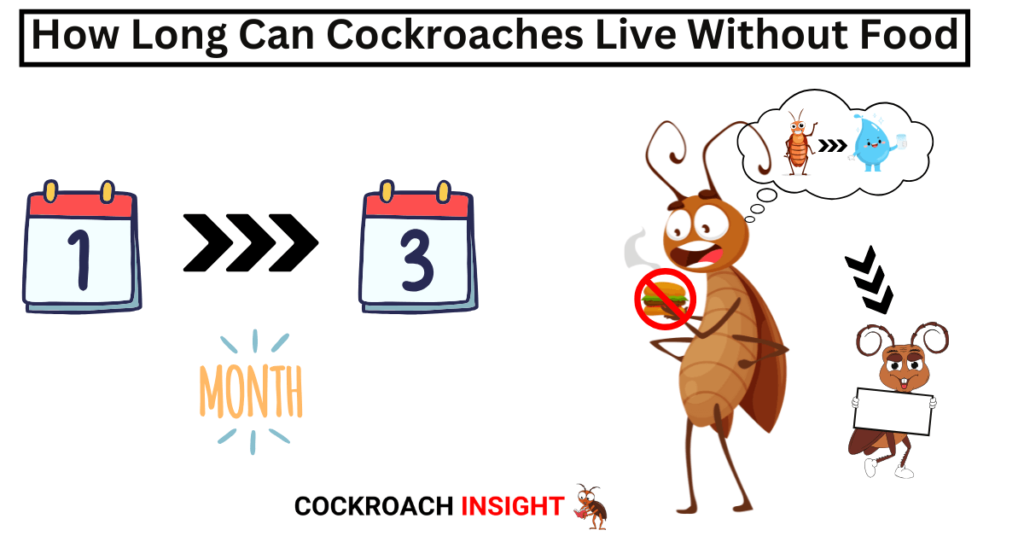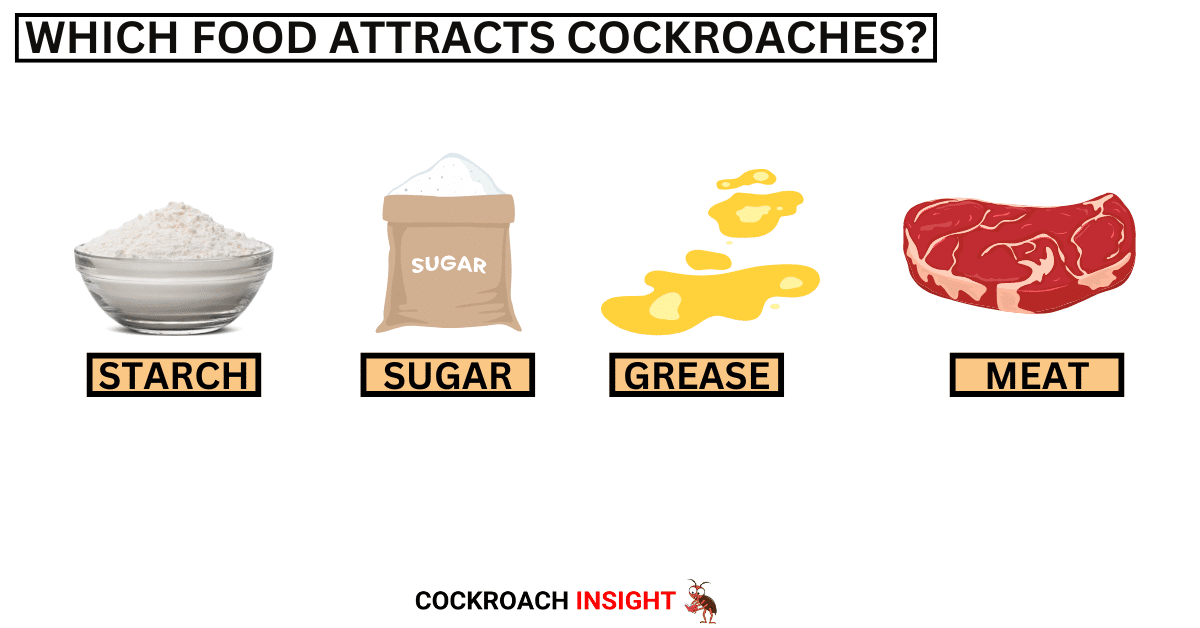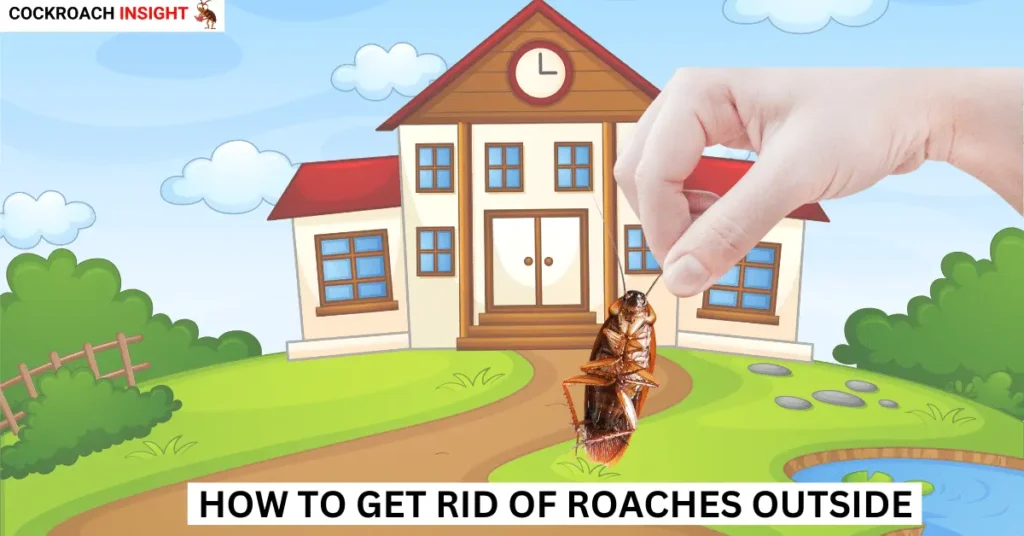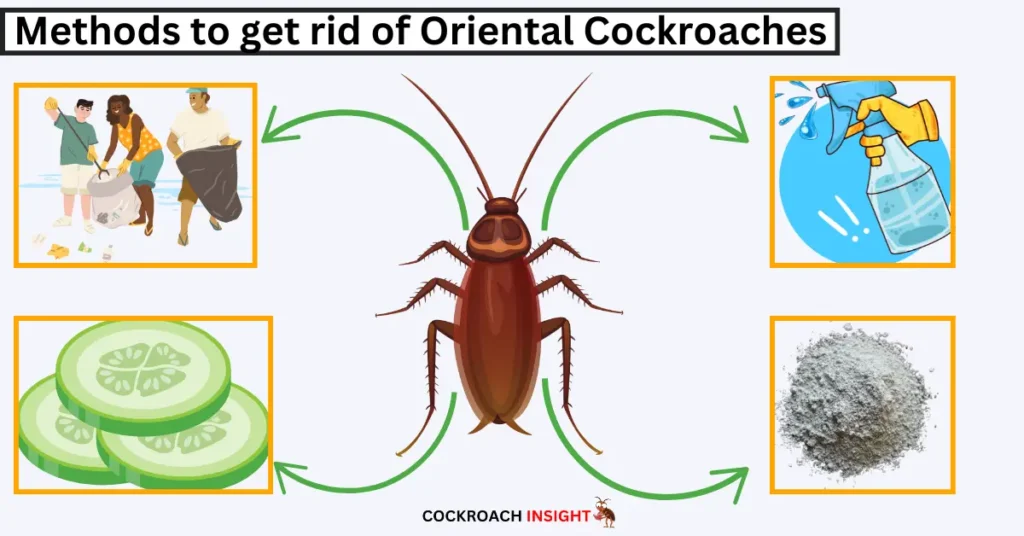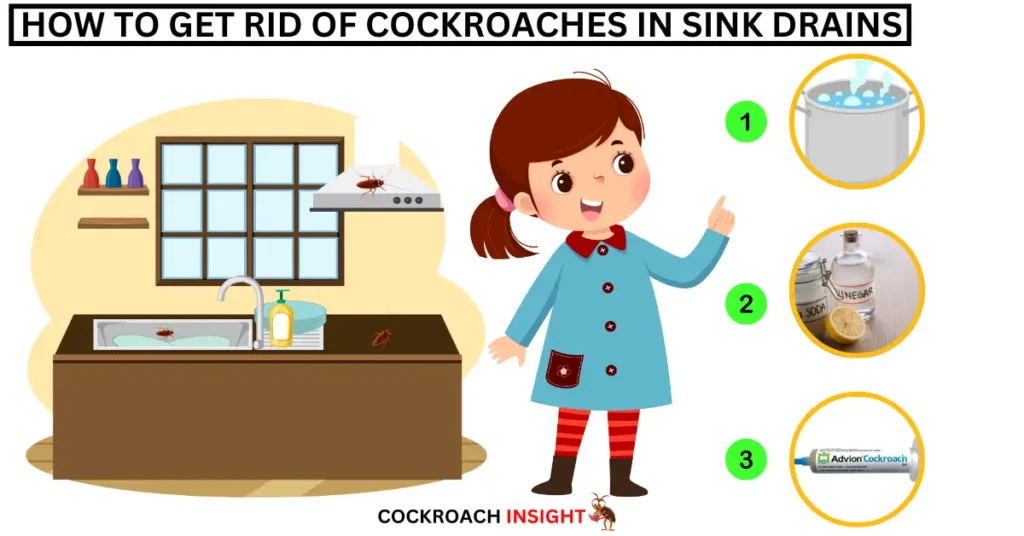How long can cockroaches survive without food? This question has probably occurred if you’re fighting with a cockroach infestation.
Cutting off food sources normally seems like a very easy answer to ridding ourselves of these tough pests.
Even though cockroaches are highly resilient to the harshest situations, they are surprisingly competent and can survive without much food.
In this article, we’ll discuss my own experience with these unwelcome visitors and learn from their cockroach survival habits.
You’ll learn why starving them out isn’t always the answer, how they still manage to uncover hidden food sources, and what steps you can take to eliminate or gain control of them from your home effectively.
No matter if you’re trying to rid yourself of a roach infestation that just won’t quit or are merely looking for some preventative insights, our guide has you covered with everything you want to learn about preventing a roach infestation in your home.
Cockroaches are known for their phenomenal ability to survive in harsh conditions, including living without food for up to one month. This happens due to a mix of biological adaptations rather than just a slow metabolism.
While a lower metabolic rate helps conserve energy, their real survival secret lies in how efficiently they store and use energy.
Depending upon the type of cockroach species and the environment, cockroaches can survive an average of one month or more without food.
But Without water, their survival period is only about a week. And this will show you water is a much more important thing for them to live than ever is food.
Energy Storage and Slow Consumption
Cockroaches store energy in the form of glycogen and lipids (fat reserves) within their bodies. When food becomes scarce, they rely on these reserves to stay active. Their slow metabolism helps them hold out this stored energy for a longer time, increasing survival without food.
Metabolic Rate
When deprived of food, roaches naturally adjust their metabolism to save energy. However, research shows that this energy-saving response isn’t limitless as the body shrinks and resources run out; its energy expenditure becomes less efficient, leading to gradual weakness and, eventually, death.
Reduced Activity Levels
When food is not available, cockroaches instinctively lower their movement and overall activity. By hiding in different spots and minimizing physical effort, they conserve both energy and moisture, increasing their survival time effectively.
Water Conservation
Another survival mechanism lies in their breathing pattern. Many cockroaches use discontinuous gas exchange (DGC), a process in which they periodically close their breathing holes (spiracles). This helps them conserve water and survive longer without both food and water compared to species that breathe continuously.
Ability to Digest Anything
Cockroaches are not picky eaters. Their digestive enzymes can break down a wide range of organic material — from glue and paper to dead insects. This adaptability means that they even eat from non-edible products for survival.
Which Food Attracts Cockroaches?
Even roaches had their preferences, which may or may not sound odd. They often like certain organic materials, often because of the nutrition they contain. Here are the types of food cockroaches are most likely to seek out:
Starch
Cockroaches are actually attracted to starch, which they find in things about the household as well as places that aren’t so common. But starch-rich foods, such as potatoes and bread, aren’t the only foods cockroaches are attracted to — they also love the starch in cardboard boxes and book bindings.
PRO TIPS: When you bring home takeout or groceries, see to it that you throw away any cardboard boxes or crumbs or grease that are left behind, which are prime attractants to roaches.
Sugar
Like ants, cockroaches have a sweet tooth. They’ll get pulled in fast by the smell of sugar—spilled juice on the kitchen floor or fruit bits in the garbage. Sugar’s sweet aroma can draw insects, including cockroaches, even in small amounts, and sugary residues make a cockroach infestation a risk.
PRO TIPS: If you have sugary treats or even food waste, keep it in sealable containers, especially overnight.
Grease
Cockroaches love grease because of the fat in it. They don’t refuse to be attracted in big quantities, small grease splatters left after cooking can also attract them. These pests have an attraction for surfaces that can linger with the residue of grease
PRO TIPS: If you want to make sure there are no traces of grease odor, clean surfaces after cooking with a degreasing solution in order to eliminate any cockroach attractor odors.
Meat
Protein is highly attractive to cockroaches, and they’re particularly drawn to the scent of meat. Fresh meat, leftovers or even traces left in sinks or pet food dishes are included. Even after cooking, meat juices are attractive to cockroaches, and they will discover biting and smell meat juices.
PRO TIPS: Wash dishes quickly and sanitize pet food dishes often in order to avoid attraction. Also make sure to get rid of meat scraps properly.
Personal Experience: Struggling with Cockroaches
I remember dealing with a cockroach infestation in my own home, thinking that the solution was simple: The problem would go away by cutting off their food supply.
I stuffed food containers, cleaned up every crumb, and ensured no food was left out overnight. The cockroaches weren’t going anywhere despite all of my efforts. We were frustrated that they were still living, even without food sources that were obvious.
I was curious about how long a cockroach can survive without food. One of the things I quickly learned is that cockroaches are pretty resourceful. Meals are not all they live on — they can survive off grease, soap, and tiny crumbs you wouldn’t have noticed.
The easy ones were gone, but the hidden ones that let the pests live were still there. While I tried to starve them, they continued to survive and proved their resilience.
I learned quickly, after my own experience, that starving cockroaches alone isn’t enough to make them go away. Opportunistic feeders, cockroaches can survive for weeks without traditional food sources like starches, sugars, meats, fats and oils, fruits and vegetables.
Grease and crumbs, toothpaste, glue, soap, anything is fair game for them to eat, and they will. Because of this adaptability, you can almost starve them out entirely.
Cockroaches also consume unusual food sources, including candle wax, makeup, packing peanuts, crayons, and even hygiene items.
Even if you cut off food sources, they can go a month without food but only a week without water.
That’s why cutting off food is as important as eliminating water sources. In addition to food, these cockroaches are also masters at finding moisture in places that are difficult to keep dry, such as under sinks or in appliances.
So, it’s important to address both food and water when it comes to an infestation.
Cockroaches can also access hidden food sources that you may not see, such as grease buildups on appliances, or very hard to find crumbs. This shows that the whole approach is crucial.
Cockroach infestations are notoriously difficult to eradicate using removal of the food alone because of their resilience.
You’ll quickly learn that just one approach won’t do when dealing with a cockroach infestation. I went through trial and error, and only those last combined methods could tackle the problem. These are the best ways I used to remove the cockroaches from my house.
Eliminating Water Sources
Once I realized how much cockroaches depend on water instead of food, I began to get rid of any water source in my house. Living without food for a month, cockroaches can survive if hydrated but can go just over a week without water.
They took to sealing all the leaks in my house, drying out my sinks (and keeping their moisture-prone areas dry) quite well. They thrive in human homes, often finding water from hidden sources such as condensation or appliances like dishwashers and refrigerators.
Sanitation and Sealing Entry Points
In addition to not providing food and water, you must keep your home clean and well-closed. In hidden or hard-to-reach nooks and corners where cockroaches may gather crumbs or grease, I ensured I’d completely cleaned it well.
I also caulked around windows and doors and sealed the gaps and cracks in walls to keep them out and to deny them places to hide. That mattered in the sense that it cut them off from potential shelter.
Pro tips: Non-toxic methods like hot or soapy water can kill cockroaches more effectively than common insecticides like Raid.
Using Cockroach Bait and Traps
My strategy included cockroach baits and traps. I laid gel baits in areas where cockroaches were most environmentally active and slowly lowered their population.
They were also good, especially if they were used in corners, or in areas they like to be hidden. In total this combination of methods brought the infestation under control, over time
Calling Professional Help
With more severe infestations, I had to call in professional pest control. They also have access to stronger treatments as well as the ability to spot hidden problem areas that are otherwise easy to miss.
If your DIY methods aren’t working, you may have to have the experts come in and bring you a more thorough approach.
To that end, a cockroach infestation is a difficult thing to tackle. Get rid of them by eliminating water sources, using traps if they can be found and calling in professionals if necessary.
Using these steps, you can take back control on your own, begin learning about how to avoid them as soon as you get them and stop them from thriving.
Conclusion
No one likes it when they spot cockroach signs, but the answer of how long cockroaches can live without food demonstrates how tough these pests can be.
While they can go a month without food, they only survive for a week without water, and it cuts off water sources, one way or another, which is a critical part of the solution.
But just trying to starve cockroaches won’t work; they can find and hide food in your home and even exist on non-food things.
To successfully get rid of cockroaches a multi-pronged approach is necessary.
You can effectivly reduce their population by eliminating water sources, keeping your home clean, sealing entry points, using baits and traps. In more severe cases, it’s not unusual to call in professionals to fully eliminate these pesky pests.
If you have an infestation, don’t wait for it to worsen. Combine these approaches to take control of your home and at last put an end to the problem that is cockroaches.
FAQ SECTION
What do cockroaches hate the most?
Supplies like peppermint oil, citrus and lavender are what repel cockroaches. These natural repellents can be used to help prevent cockroaches from certain parts of your home in areas in which they are active.
What smell makes roaches go away?
The peppermint, eucalyptus and tea tree oil are all known drivers of cockroaches away. Cockroaches also don’t like the strong smell of vinegar and bleach. If we use these around entry points or at places they frequent, this can reduce their presence.
Will sleep with the light on keep cockroaches away?
Cockroaches like to be active in the dark, but there is no guarantee that turning on the light will stop their appearance. Overall, when the lights are on or off they are more likely to search for food and water.
Do cockroaches climb on beds?
Unfortunately cockroaches do climb onto beds especially if they are searching for food, water and flee. Having a clean bed area and food free will keep them out of your sleeping area.
How do you get rid of 100% of roaches?
In order to completely get rid of cockroaches, it entails several methods. Typically, this includes removing food and water sources, using baits and traps, sealing entry points, and, in the more extreme cases calling professional pest control and guaranteeing there’s no more cockroaches left.

